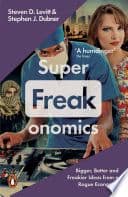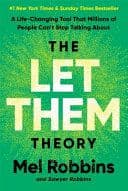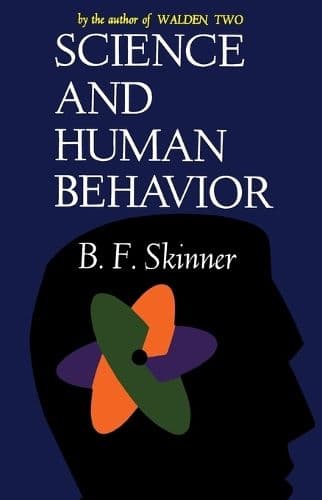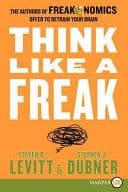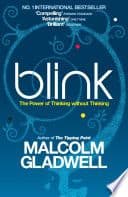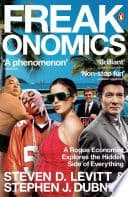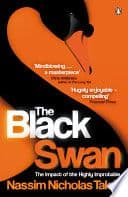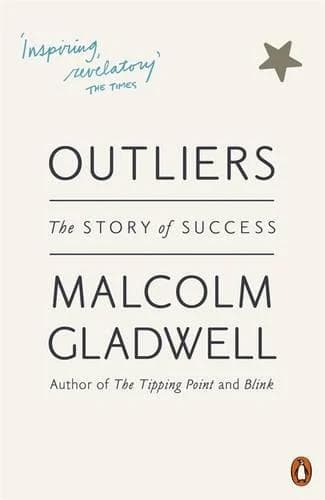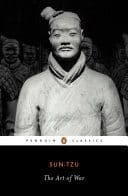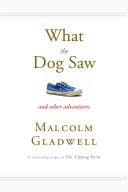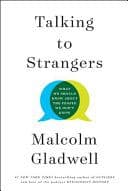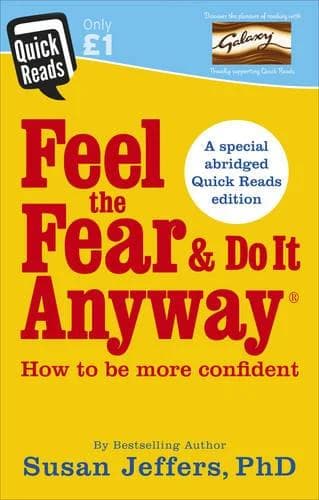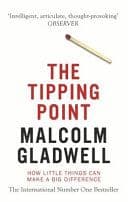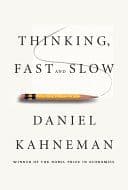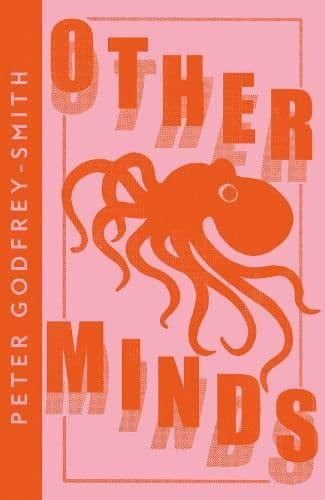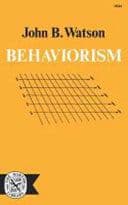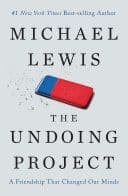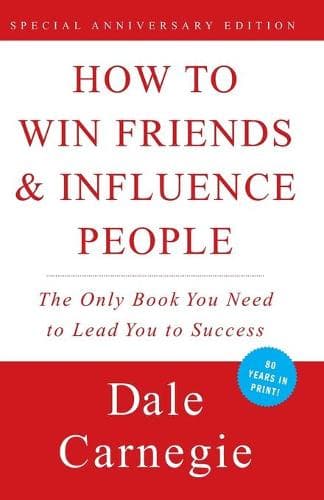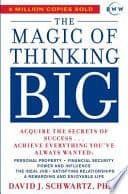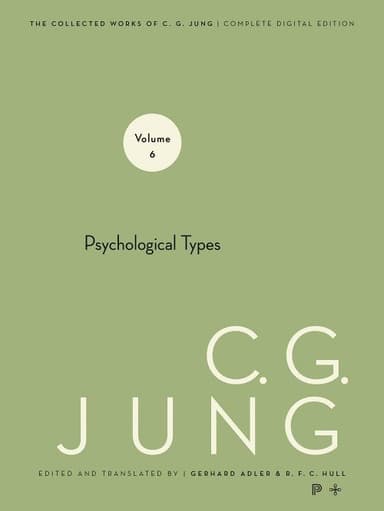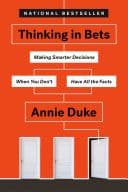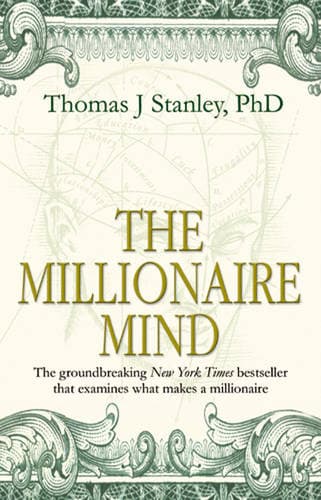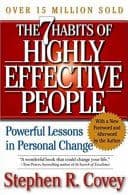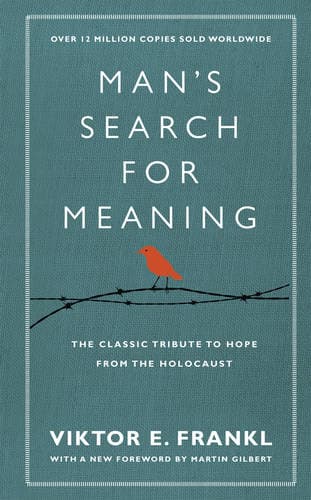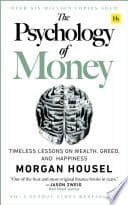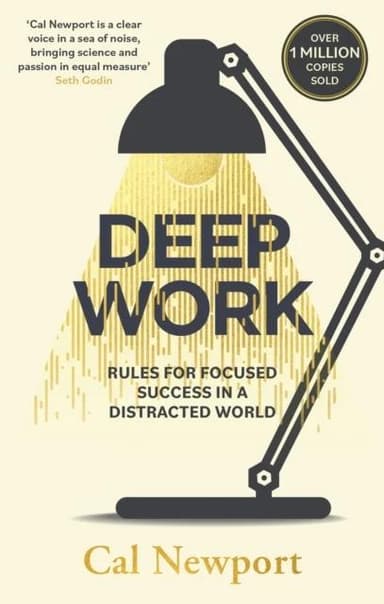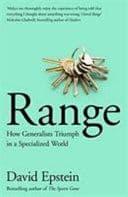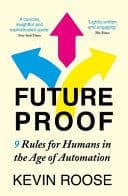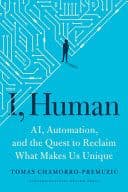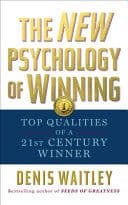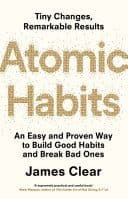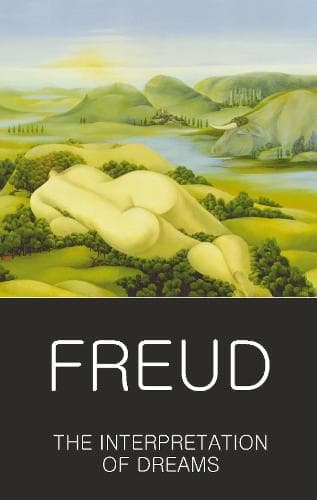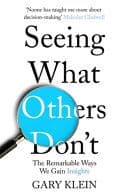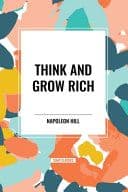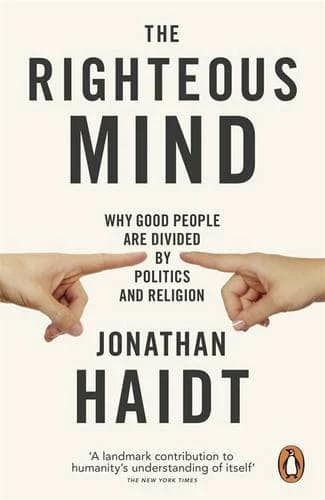
The Righteous Mind:
Why Good People Are Divided by Politics and Religion
'A landmark contribution to humanity's understanding of itself' - The New York Times
DIFFICULTY
intermediate
PAGES
528
READ TIME
≈ 1060 mins
DIFFICULTY
intermediate
PAGES
528
READ TIME
≈ 1060 mins
About The Righteous Mind
The author's core idea is that we don’t reason our way to morals; we feel first and justify later—especially in politics and religion.
In The Righteous Mind, social psychologist Jonathan Haidt shows how our “elephant” (intuition) moves before the “rider” (reason). Using Moral Foundations Theory, he maps six moral taste buds: care, fairness, liberty, loyalty, authority, sanctity—and reveals how left, right, and different cultures season them differently. Some societies tilt toward individual harm and fairness whereas more Durkheimian communities prize cohesion and the sacred. Humans are also “groupish”: flip the hive switch and we cooperate, ritualise, and sometimes collide.
Haidt offers tools to bridge divides: widen your moral palate, seek understanding before persuasion, and hold convictions with humility. Grasp these dynamics and you too can navigate polarisation with more empathy, sharper analysis, and fewer futile arguments.
What You'll Learn
- Moral Foundations Theory and its six core pillars
- Why moral intuition comes first and reasoning follows
- How liberals, conservatives, and libertarians weight values differently
- How groupishness and the "hive switch" foster cohesion
- Strategies to communicate across moral and political divides
Key Takeaways
- Intuition leads; reason justifies
- Six moral foundations guide judgment
- Morality binds and blinds
- Groupish minds enable cooperation
- Bridge divides with moral humility
More in psychology
